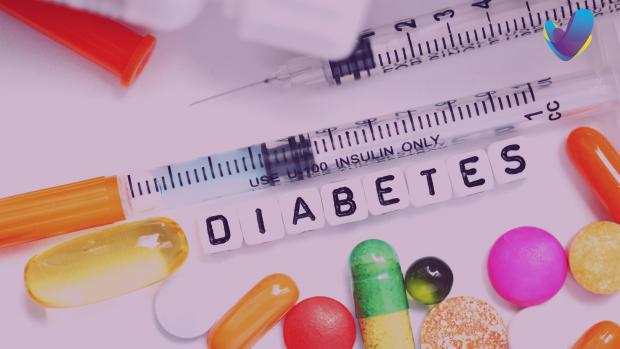
Breaking News
 The Self-Sufficiency Myth No One Talks About
The Self-Sufficiency Myth No One Talks About
 We Investigated The Maui Fires and The Cover-Up is Worse Than We Thought | Redacted
We Investigated The Maui Fires and The Cover-Up is Worse Than We Thought | Redacted
 The Amish Secret to Keeping Pests Out of Your Garden Forever
The Amish Secret to Keeping Pests Out of Your Garden Forever
 Scott Ritter: Full-Scale War as Iran Attacks All U.S. Targets
Scott Ritter: Full-Scale War as Iran Attacks All U.S. Targets
Top Tech News
 US particle accelerators turn nuclear waste into electricity, cut radioactive life by 99.7%
US particle accelerators turn nuclear waste into electricity, cut radioactive life by 99.7%
 Blast Them: A Rutgers Scientist Uses Lasers to Kill Weeds
Blast Them: A Rutgers Scientist Uses Lasers to Kill Weeds
 H100 GPUs that cost $40,000 new are now selling for around $6,000 on eBay, an 85% drop.
H100 GPUs that cost $40,000 new are now selling for around $6,000 on eBay, an 85% drop.
 We finally know exactly why spider silk is stronger than steel.
We finally know exactly why spider silk is stronger than steel.
 She ran out of options at 12. Then her own cells came back to save her.
She ran out of options at 12. Then her own cells came back to save her.
 A cardiovascular revolution is silently unfolding in cardiac intervention labs.
A cardiovascular revolution is silently unfolding in cardiac intervention labs.
 DARPA chooses two to develop insect-size robots for complex jobs like disaster relief...
DARPA chooses two to develop insect-size robots for complex jobs like disaster relief...
 Multimaterial 3D printer builds fully functional electric motor from scratch in hours
Multimaterial 3D printer builds fully functional electric motor from scratch in hours
 WindRunner: The largest cargo aircraft ever to be built, capable of carrying six Chinooks
WindRunner: The largest cargo aircraft ever to be built, capable of carrying six Chinooks
Insulin-free life for diabetics closer after successful cell pouch trial

Type 1 diabetes (T1D) is an autoimmune condition where the body's immune system attacks and destroys the insulin-producing beta cells in the islets of the pancreas, requiring type 1 diabetics to inject insulin daily to replace what's not being produced. T1D is commonly diagnosed during childhood or early adolescence and requires constant monitoring to reduce the risk of episodes of low blood sugar (hypoglycemia) and long-term complications.
Developing a 'functional cure' for T1D has been at the forefront of medical research, especially as science and technology have advanced. Many of these functional cures have involved the transplantation of pancreatic cells to replace the damaged and dead ones. In a similar vein, Canada-based regenerative medicine therapeutics company Sernova Corp has reported very promising results from early clinical trials using its novel Cell Pouch System technology in type 1 diabetics.
"This first-in-world data is potentially game-changing for Sernova and, more specifically, provides tangible hope for T1D patients that we are a significant step further in our mission of providing a functional cure for this terrible disease; as a type 1 diabetic myself, I could not be more determined to drive our program forward and ultimately onto the market," said Jonathan Rigby, president and CEO of Sernova.
Sernova's Cell Pouch System is a small, implantable medical device that's inserted under the skin against the abdominal muscle and contains stem-cell-derived 'therapeutic cells' – in the case of type 1 diabetics, cells that produce insulin. Because the device is porous, after implantation blood vessels infiltrate it and form a biocompatible tissue environment that ensures the long-term survival and function of the cells it houses.
About six weeks after implantation of the Cell Pouch, which allows time for patients to be stabilized on immune-suppressing therapy, islet cells are transplanted into the vascularized tissue chambers formed by the pouch. (Immunosuppressants reduce the risk that the patients' bodies will reject the transplanted cells.) Patients can receive 'top-up' islet transplants if they are still dependent on insulin six months after the last transplant. Those trial participants who retained their implants were followed up for at least three years.

 RNA Crop Spray: Should We Be Worried?
RNA Crop Spray: Should We Be Worried?

